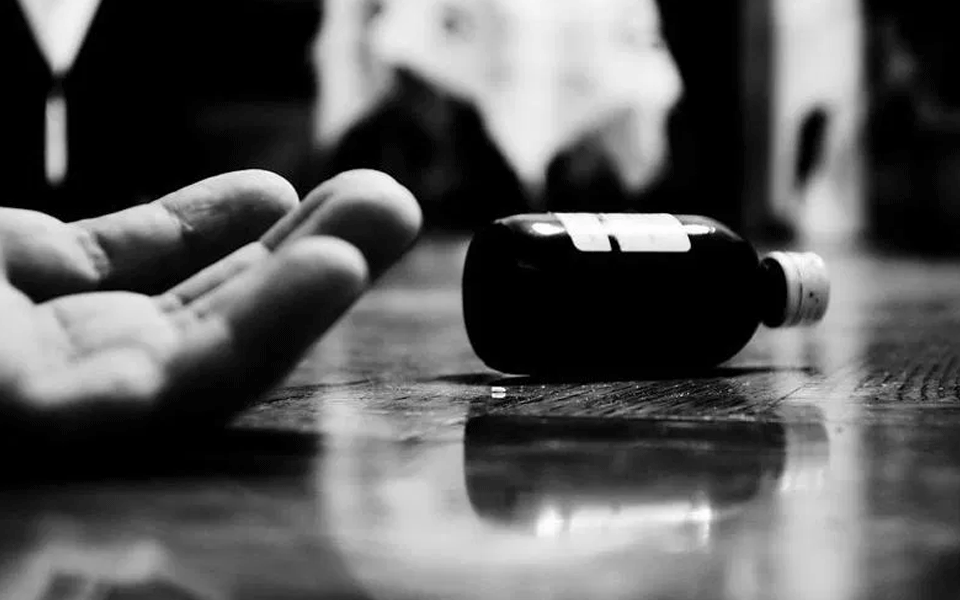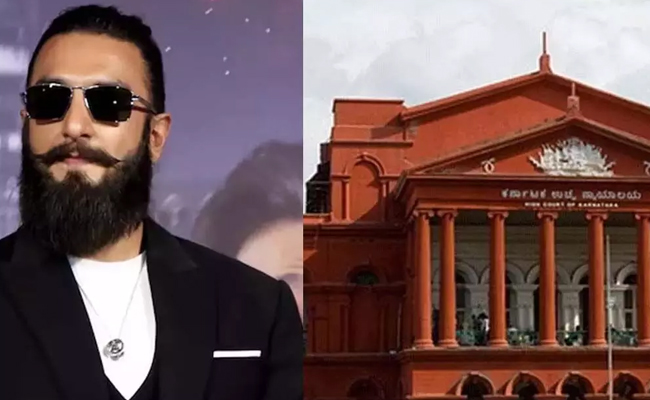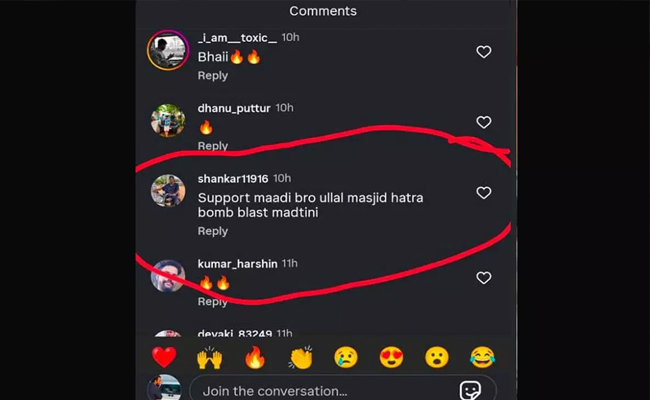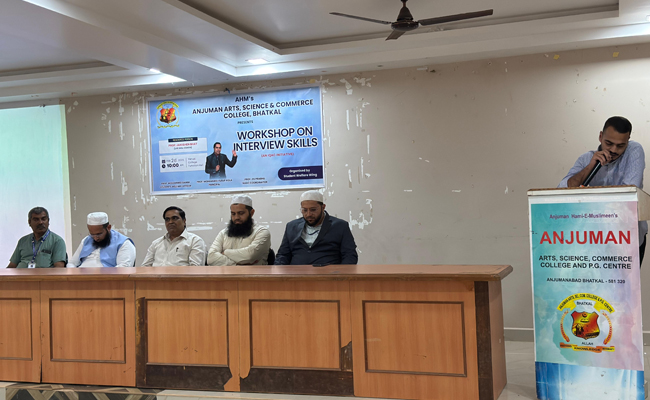Puttur, Sep.7: A youth from Belthangady who was suffering from hip pain at Puttur railway station and had mistakenly consumed rat poison instead of medicine, breathed his last on Friday.
The deceased has been identified as Akshatananda (23) son of Kariya alias Giriyappa from Belthangady.
Akshatananda was taking medicine for hip pain. On Sunday, Sep. 2 he had gone to Puttur railway station where he developed hip pain. It is said that, in a hurry, Akshatananda consumed rat poison mistaking it for medicine.
He was immediately rushed to a local hospital from where he was then shifted to Wenlock hospital in Mangaluru. But on Friday he breathed his last after failing to respond to the treatment.
A case has been filed in Puttur town police station as per the complaint given by deceased's father.
Let the Truth be known. If you read VB and like VB, please be a VB Supporter and Help us deliver the Truth to one and all.
Bengaluru (PTI): The Karnataka High Court on Monday extended the interim relief given to Bollywood actor Ranveer Singh till March 9, in a case related to mimicking a character from the movie, 'Kantara Chapter-1', and allegedly mocking a deity.
The actor had approached the High Court seeking the quashing of the FIR against him for mimicking Rishab Shetty's role as 'Chavunda' deity in the movie.
While mimicking, Singh had called the deity a "ghost". The actor was asked to appear before the court in person on Monday.
Appearing on behalf of the actor, his counsel Sajjan Poovayya said Singh was stuck in London and was unable to reach Bengaluru due to the conflict in West Asia.
The complainant, who is a lawyer, alleged that his religious sentiments were hurt by calling the deity a ghost. On the directions of a local Court, the police registered a case against the actor.
The High Court on February 24 granted interim relief to the actor with directions to the police not to take any coercive steps against him.





